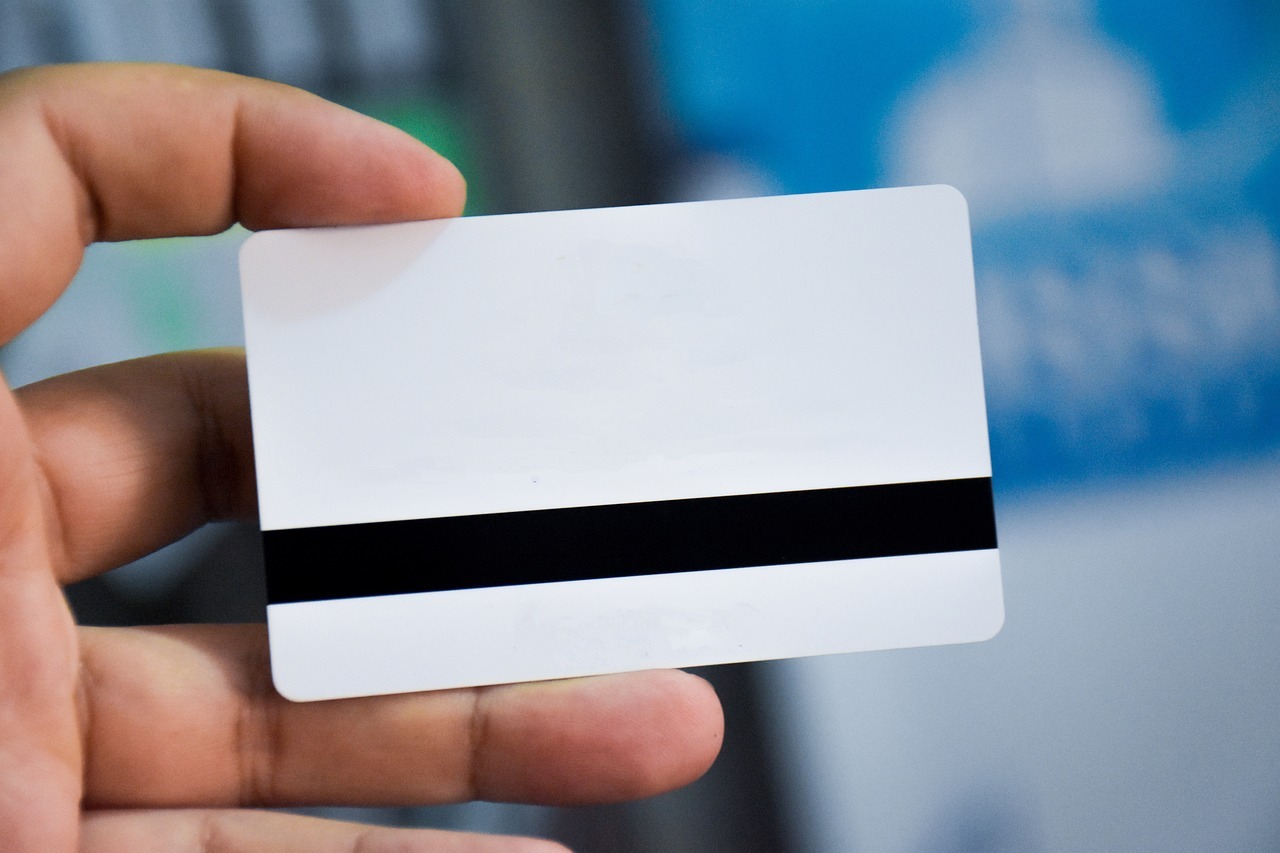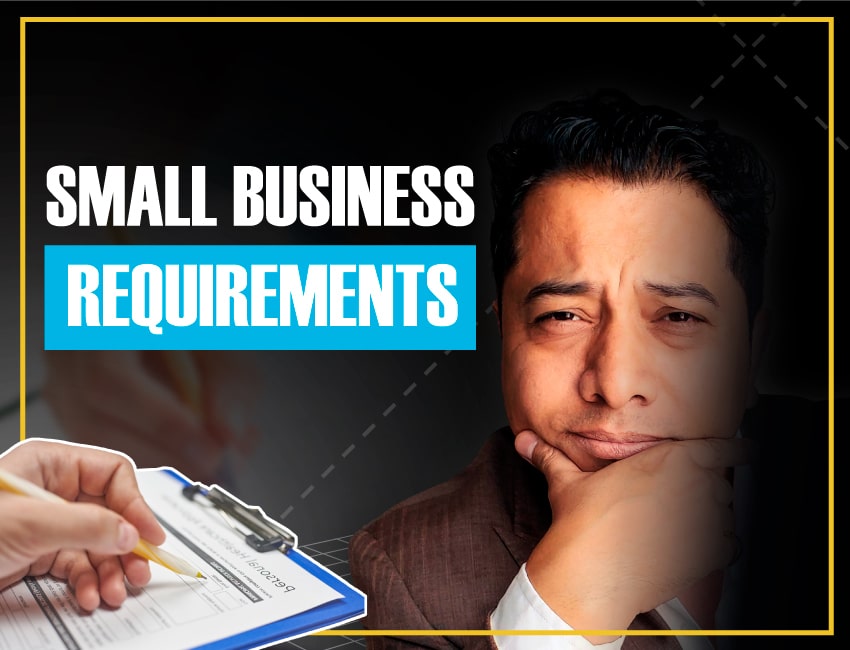Obtain your federal and state taxpayer identification number

Your business’s state and federal taxpayer identification numbers, also known as the Employer Identification Number (EIN), function similarly to a personal Social Security number. They enable your small business to pay federal and state taxes.
Acquire a federal taxpayer identification number
The EIN serves as your federal taxpayer identification number, necessary for paying federal taxes, hiring employees, opening bank accounts, and obtaining business licenses and permits.
Filing for an EIN is free and must be done immediately after registering your business.
Your business requires a federal taxpayer identification number if you:
- Remunerate employees.
- Operate as a corporation or partnership.
- File tax returns for employment, domestic consumption, or alcohol, tobacco, and firearms.
- Withhold taxes on income, apart from wages, paid to a nonresident alien.
- Use a Keogh Plan, which is a tax-deferred pension plan.
- Work with certain types of organizations.
Access the IRS Assistance Tool to apply for an EIN. The tool will lead you through questions and require your name, social security number, address, and your DBA (doing business as) name. At checkout, you will receive your nine-digit federal tax ID.
Alter or substitute your EIN
You may have to change or replace your EIN if certain alterations occur in your business, depending on your business structure and the kind of change that occurred. Check with the IRS to determine if you need to change or replace your EIN.
Acquire a state taxpayer identification number
The necessity of a state taxpayer identification number depends on whether your business has to pay state taxes. Occasionally, you can utilize the state tax identification number for other purposes, such as safeguarding against identity theft for sole proprietors.
Tax obligations vary at the state and municipal level, so you’ll need to explore your state’s official websites.
To determine if you require a state taxpayer ID, research and comprehend your state’s laws regarding income and employment taxes, the most frequent forms of state tax for small businesses.
The procedure for obtaining a state taxpayer identification number is akin to the federal one, but it differs by state. You’ll need to confirm the specific steps with your state government.
State income and employment taxes for businesses
Seven states do not impose income tax, and two others apply it only to income from dividends. States that tax income calculate the amount according to the business structure.
Additionally, taxes on unemployment insurance and workers’ compensation insurance vary by state. Understand these and other implications for calculating start-up expenses and selecting a business structure.
Visit your state government website to establish if you need to obtain a state taxpayer identification number to pay state taxes.















